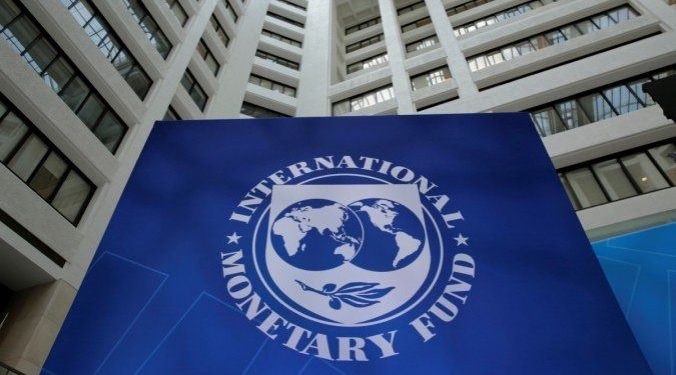The Kenya Government has made significant progress in its boardroom negotiations with the International Monetary Fund (IMF) for a new credit facility.
The credit line is designed to shield the economy from any financial shocks. A previous arrangement between Kenya and the IMF expired in 2018.
Tough negotiations have been ongoing between Nairobi and Washington on when this standby credit arrangement can resume, with the IMF setting up stiff conditions for the Kenyan administration.
In its latest move, the IMF has insisted that the Kenya Government must cut down on wasteful spending and boost revenue collections, thus cutting the fiscal deficit to 4 per cent of Gross Domestic Product (GDP). Kenya must cut this deficit to the set levels within the next three years, ending 2023.
Kenya’s fiscal deficit now stands at 7.7 per cent.
IMF had insisted that Kenya scraps the rate cap law before it could renew its standby credit arrangement. It took tough negotiations between parliament and the treasury, Central Bank of Kenya, and the IMF, for this law to be repealed.
The IMF now has a new condition. Kenya must cut on wasteful spending and boost revenue collection, thereby reducing the fiscal deficit.
Available figures indicate that Kenya fiscal deficit rose from 7.5 per cent of GDP in 2018/19 to 7.7 per cent of GDP in the current financial year 2019/20. The level of public debt has reached 62.1 per cent of GDP.
Treasury is set to reduce the budget deficit to 6.3 per cent during this financial year by cutting down on unnecessary spending and clearing the bulk of pending bills, especially to County Governments.
The IMF team was in Nairobi between February 19rd and March 3rd, 2020. The team discussed steps to improve governance and strengthen the fight against corruption.
The officials are preparing a report, based on their preliminary findings, that will be presented to the IMF Executive Board for discussion and decision making.
In their findings, the IMF said Kenya’s economy continues to perform well with foreign exchange reserves providing the needed buffers against any external shocks. They also noted that the banking sector is operating on a health balance sheet and is highly liquid.
RELATED:
Kenya Debt Stress Levels ‘Moderate’, Says IMF




